On April 12, 1864, Confederate troops massacred over 500 surrendering Union soldiers at the Battle of Fort Pillow in Tennessee. The majority of Union troops killed were Black soldiers serving in the U.S. Colored Troops (USCT). They were stationed with white troops at Fort Pillow under Major Lionel F. Booth, who was also killed in the fighting.
The Confederate General Nathan Bedford Forrest — also infamous for being the first grand wizard of the early Ku Klux Klan — recorded the atrocity in a report. He described the Union soldiers attempting to surrender and how his men slaughtered them.
News of the massacre traveled throughout the North and South. “Remember Fort Pillow!” became a rallying cry for USCT soldiers, and the atrocity was used as propaganda by both sides of the Civil War.
Read More
“This Massacre of Black Soldiers During the Civil War Is Reason Enough to Bring Down the Confederate Statues” by Alan Singer in History News Network.
Read about the experiences of Black soldiers, the increased dangers they faced, and the events of the Fort Pillow Massacre at the Lehrman Institute’s Mr. Lincoln & Freedom Civil War resource.
Letter by a Confederate soldier at Fort Pillow (contains graphic descriptions of the massacre).
Pensions
Soon after the massacre, Elizabeth Booth, Major Booth’s widow and a white woman, became an advocate for the widows and orphans of African American men killed at Fort Pillow. That spring, Booth pressured President Lincoln to support laws that would guarantee African American widows the same benefits and pensions that white widows received from the government. Legislation to that effect passed months later, in July 1864.
Read Lincoln’s May 1864 letter to Sen. Charles Sumner about pensions for African American widows after his visit with Booth.

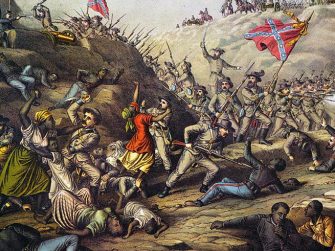
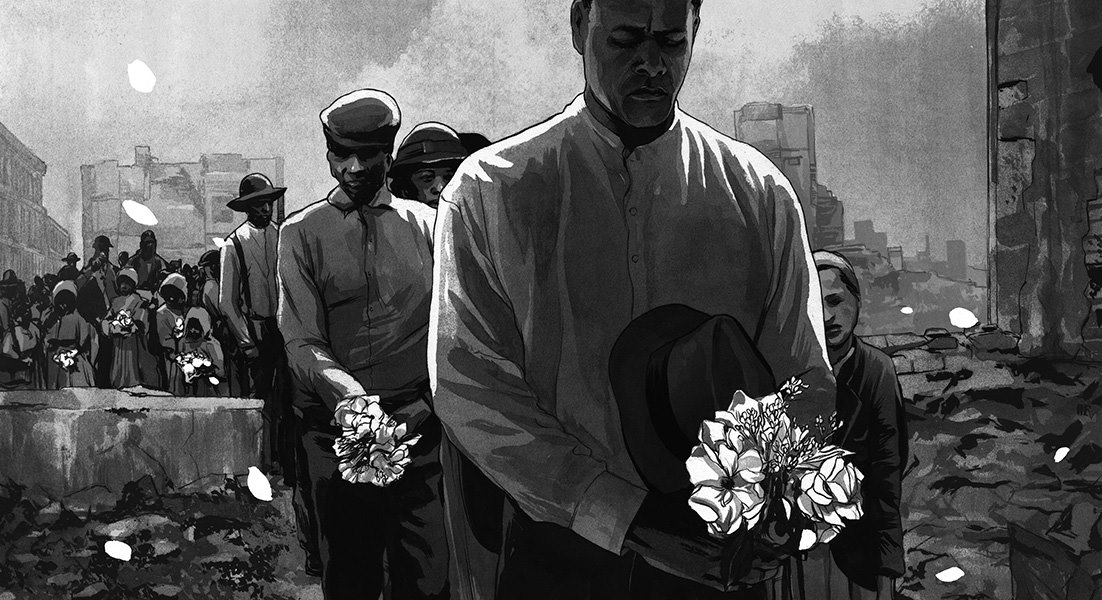
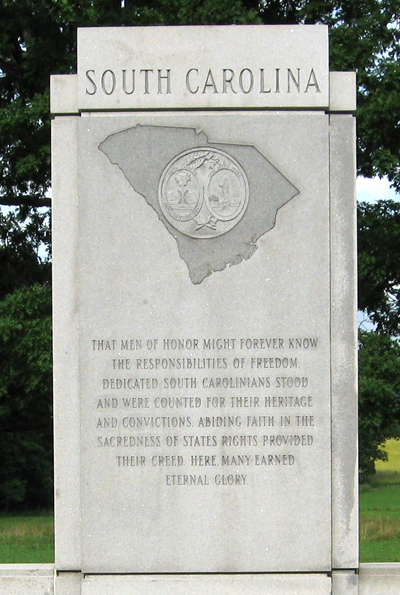

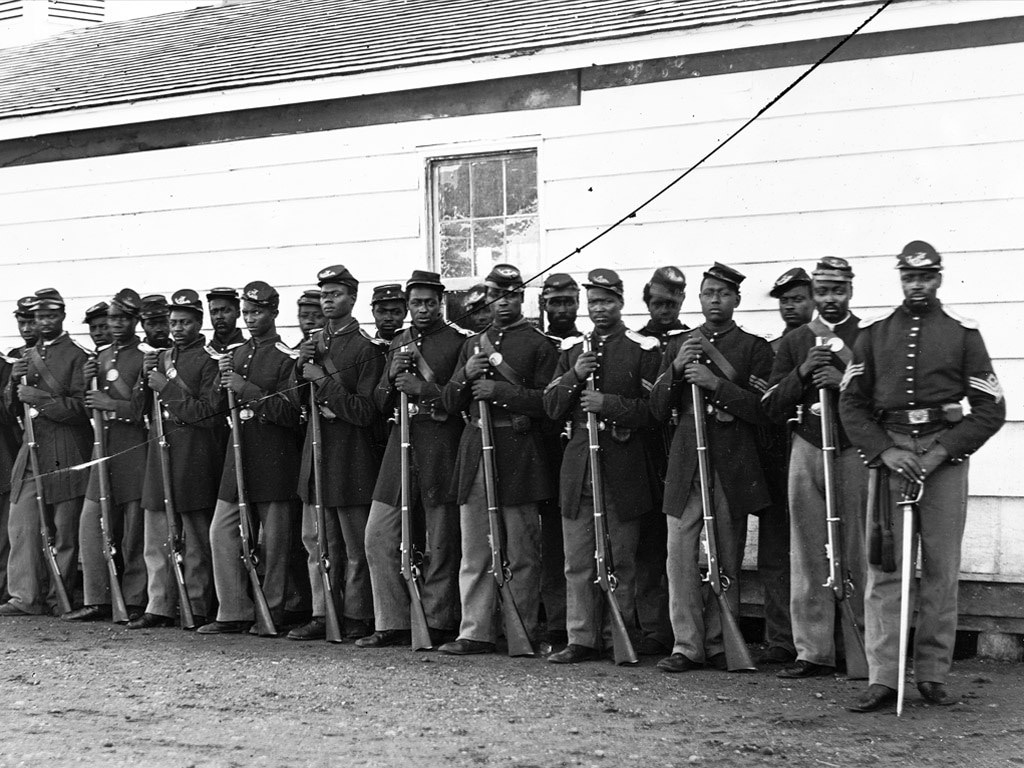
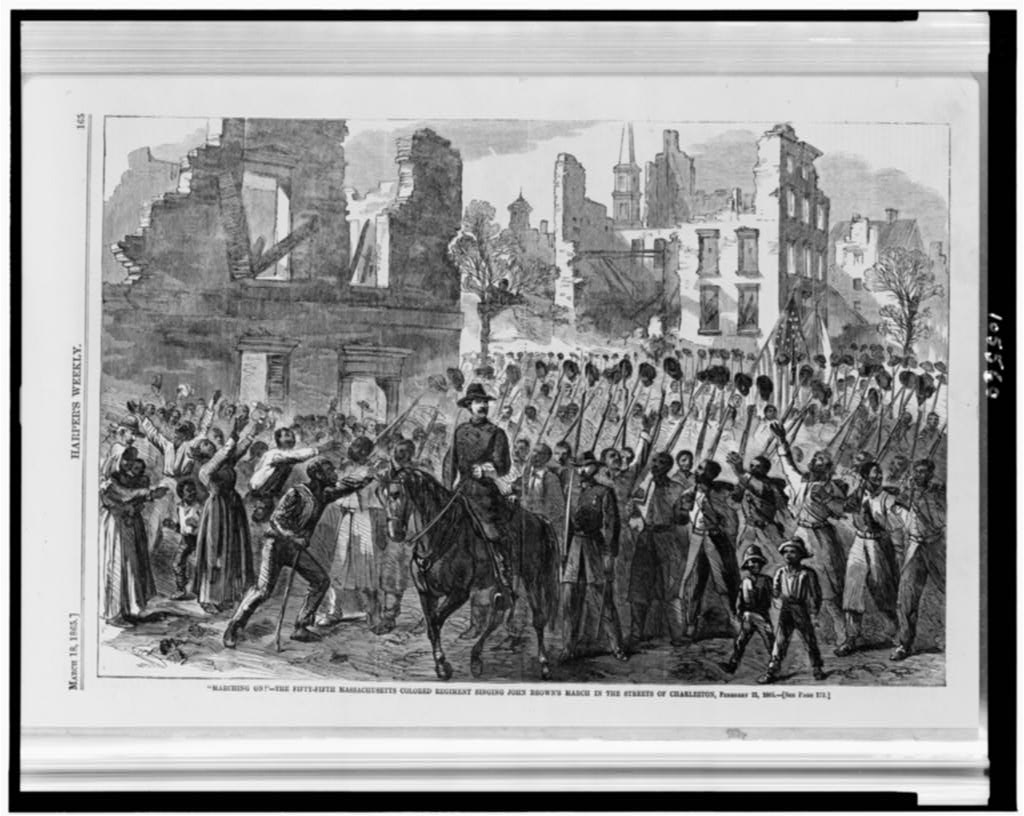
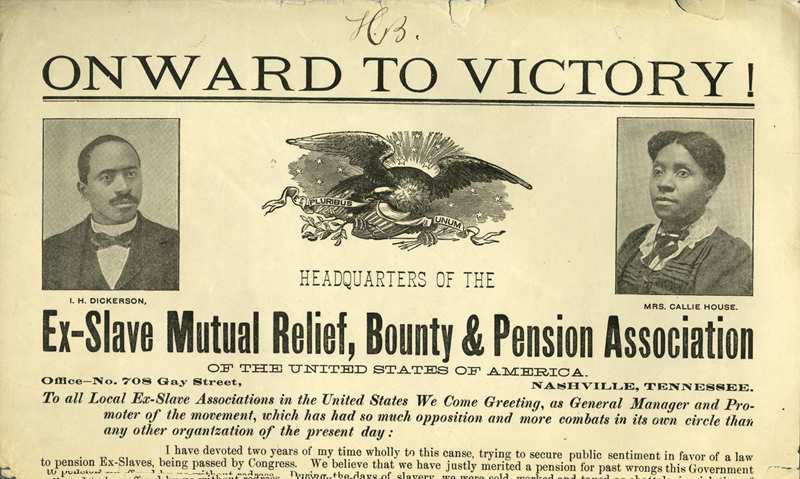





Twitter
Google plus
LinkedIn